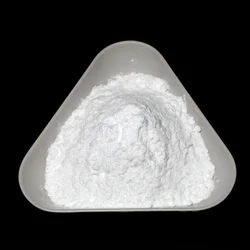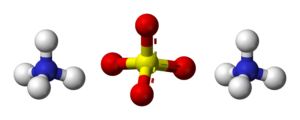
TCP (TRICRESYL PHOSPHATE)

Tricresyl phosphate (TCP), is a mixture of three isomeric organophosphate compounds most notably used as a flame retardant. Other uses include as a plasticizer in manufacturing for lacquers and varnishes and vinyl plastics and as an antiwear additive in lubricants. Pure tricresyl phosphate is a colourless, viscous liquid, although commercial samples are typically yellow. It is virtually insoluble in water, but easily soluble in organic solvents like toluene, hexane, and diethylether among others. It was synthesized by Alexander Williamson in 1854 upon reacting phosphorus pentachloride with cresol (a mixture of para-, ortho-, and meta- isomers of methylphenol), though today’s manufacturers can prepare TCP by mixing cresol with phosphorus oxychloride or phosphoric acid as well. TCP, especially the all-ortho isomer, is the causative agent in a number of acute poisonings. Its chronic toxicity is also of concern. The ortho-isomer is rarely used on its own outside of laboratory studies that require isomeric purity, due to its extremely toxic nature, and is generally excluded from commercial products where TCP is involve
Application
Tricresyl phosphate is used; as a solvent and thinner for nitrocellulose, paints acrylate lacquers, and varnishes.as a plasticizer for PVC processing .as an ingredient for flame-retardant in plastics, rubbers and in hydraulic systems. as a heat exchange media as an additive in high-pressure cooling lubricants as a lead scavenger in gasoline.
| Chemical formula | C21H21O4P |
|---|---|
| Molar mass | 368.37 g/mol |
| Appearance | colourless liquid |
| Melting point | −40 °C (−40 °F; 233 K) |
| Boiling point | 255 °C (491 °F; 528 K) (10 mmHg) |





Reviews
There are no reviews yet.